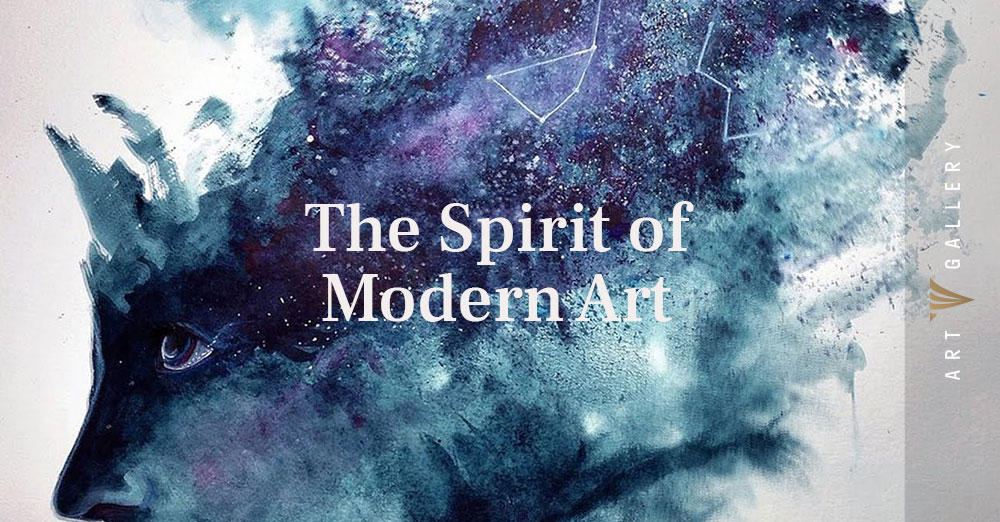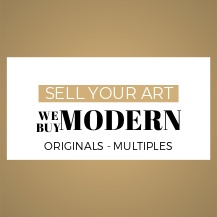- Unique art styles
- The spirit of modern art or Waiting for art’s next narrative.

- 28 June '19


by Shane Lewis
28 June '19Unique art styles
Given the time and resources, I believe anyone can learn to draw, or paint, or write. But making art is more than just studying anatomy, learning to mix paint, and mastering grammar. There’s a special mental side to making art that deals with voice, style, originality, and authenticity. Your artistic style is what makes your work feel like you.
It’s what makes a Mondrian, Kandinsky or Picasso feel like.
If you asked me whether or not developing your signature art style was an absolute necessity before you begin selling your art, I would say yes. I might then go on to explain how I know a few artists who make their living selling their art that have an instantly recognisable, unique drawing style.
We, humans, are very individual by nature and everyone approaches things differently. In terms of drawing or mark-making, that is what some refer to as artistic style. In our culture, we celebrate certain art styles more than others. A Picasso becomes worth millions, while art created by other famous artists seem worth far less.
Art is very subjective and yet, capitalism dictates trends, trends set demands and demand creates jobs or kills them. So what people are drawn to, is the fascination around the myth that a distinctive style is equal to fame and fortune.
Some say the fame and fortune of some particular artists have to do with their ability to stick to their true nature and the luck that they attracted some very wealthy people in their lives.
I’m often approached by people looking for help in promoting their artwork and finding a path that will both support them and uplift them. These people are always creative, but they often don’t trust their creativity. The idea of letting go and creating is often overwhelming.
The way things have been done before isn’t always right. The right way of doing things could be anything for you.
Today, experimental philosophers and philosophically inclined psychologists are designing experiments that can help to answer some of the big philosophical questions about the nature of art and how we experience it. Issues that have puzzled people for centuries, such as: why do we prefer some works of art to another? How do we decide what good art is? And does engaging with the arts make us better human beings?
According to the historicist position, what we perceive in work is influenced by what we know about it. Despite the abundance of artwork in the world today, we aesthetically differentiate precisely because of what the formalists deny is relevant – our beliefs about who made the work, when, and how. The German critic Walter Benjamin in the 1930s argued that our aesthetic response takes into account the object’s history, ‘its unique existence in a particular place’.
Can we discern some future form of artistic goal that might emerge, or already be emerging, and once more bind together the free-floating strands of artistic creation into a unified practice with a clear purpose?
I think we can; at least we can try. This might tell us that some progress in art has indeed occurred. Or it might be that we are merely waiting for art’s next narrative when the goals and aims of art will change yet again in ways we cannot predict.

-
Art Advisory Services


